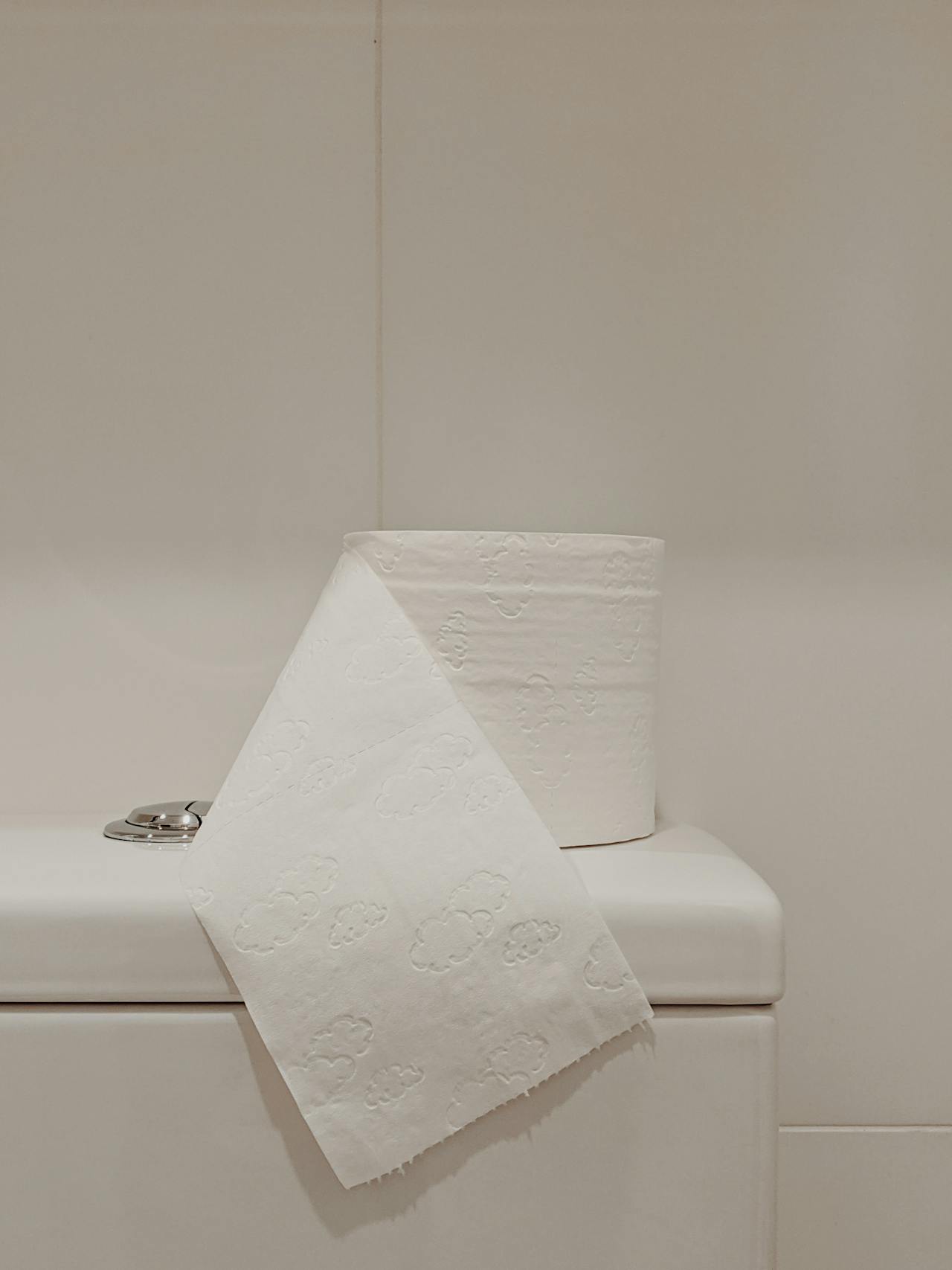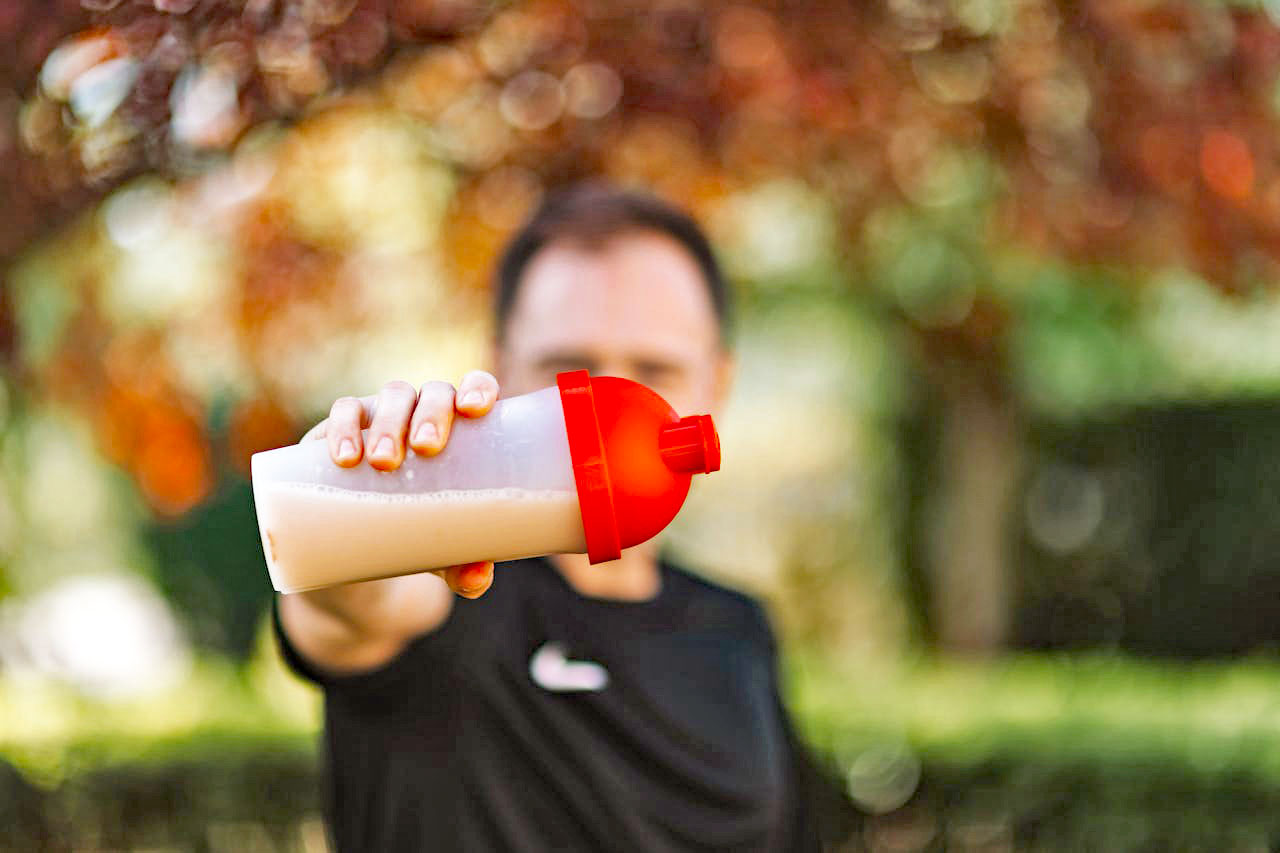Have you listened to your stools lately? According to many high-profile doctors and research, the "splash down" of your stools into the toilet bowl may say something about the health of your bowels. This seemingly trivial observation can actually provide valuable insights into your digestive processes. Are you digesting properly? Are you eating healthy? Many doctors agree that your stools tell a story about your internal health. This isn't just about the sound, but also about the appearance, consistency, and frequency of your bowel movements. Paying attention to these details can help you identify potential digestive issues early on.
The Sound of Stools: A Digestive Symphony
If your stools hit the toilet bowl with a "plop" sound, it may be an indication that you are constipated, suggesting denser stool and a potential need for more fiber in your diet. Conversely, some suggest that less dense stool may make a quieter "swoosh" upon entering the water, potentially signifying a healthier diet and a well-functioning digestive system. While the sound can be a clue, it's not the only indicator of bowel health. A comprehensive assessment requires both auditory and visual observation. Before you flush, take a good look. And then look again! The healthy shape you're looking for is S-shaped, resembling a sausage or snake. The color should also be within a normal range, typically brown.
Some Commonalities: Dietary Influences on Stool Appearance
Don't be alarmed if you've eaten beets and see pinkish tinges in the bowl; that's quite common due to the pigments in beets. Similarly, if you've eaten corn, it may pass through looking much the same as it did before consumption, as our bodies lack the enzymes to fully digest corn. These are normal variations and not usually cause for concern. However, it's essential to differentiate these harmless changes from more concerning signs, such as the presence of blood.
What to Look For: Red Flags and Important Observations
The color you should be particularly watchful for is bright red, indicating the presence of blood. Any indication of blood in your stool is an alarming sign and warrants immediate consultation with a doctor. This could be a symptom of various conditions, ranging from hemorrhoids to more serious issues like inflammatory bowel disease or even colon cancer. Prompt medical attention is crucial for accurate diagnosis and appropriate treatment. Beyond color, changes in stool consistency, such as persistent diarrhea or very hard, difficult-to-pass stools, should also be discussed with a healthcare professional.
Food Travel and Transit: The Digestive Journey
The journey of your food is indeed a long and complex one! From the moment food enters your mouth and travels down the esophagus to the stomach, where digestive juices immediately begin breaking it down into smaller, absorbable components, it's a process that spans several hours. Your food typically spends about 5 to 7 hours in the stomach and small intestine, where the majority of nutrient absorption occurs. By the time it reaches the large intestine, most nutrients have been absorbed through the intestinal lining and are being transported to various organs and parts of the body for energy conversion. This intricate process involves a complex interplay of enzymes, hormones, and muscular contractions.
The large intestine, or colon, is where the remaining food matter spends the most time—anywhere between 17 to 22 hours! What remains is waste and indigestible fiber. Fiber is acted upon by probiotics, the beneficial bacteria residing in the colon, through a process of fermentation. This fermentation produces essential nutrients that contribute to colon health. Some of these nutrients are absorbed by the body through the colon wall and transported to the liver. The liver utilizes these nutrients to regulate the body's cholesterol and glucose levels, highlighting the crucial role of adequate fiber intake for a healthy heart and overall metabolic function. This intricate relationship between gut bacteria, fiber, and liver function underscores the importance of a balanced diet rich in fiber.
Decoding Digestive Distress: Diarrhea and Constipation
What happens when you experience diarrhea? When food reaches the colon, it's typically a mixture of water and waste. Normally, the colon absorbs water, leaving the waste in a semi-solid state. However, during diarrhea, the colon's water absorption function is impaired. This can be caused by various factors, including parasites, bacterial or viral infections, food intolerances, or certain medications. The result is watery stools and increased frequency of bowel movements. Doctors generally recommend drinking plenty of fluids and replenishing electrolytes to prevent dehydration. In many cases, the body's immune system will eventually resolve the issue. However, if diarrhea persists for more than a few days, seeking medical attention is crucial to identify and address the underlying cause.
Conversely, constipation occurs when the colon absorbs too much water, resulting in hard, dry, and difficult-to-pass stools. Increasing dietary fiber, drinking more liquids, and consuming more vegetables are often effective strategies for relieving constipation. Straining during bowel movements should be avoided, as it can contribute to the development of hemorrhoids. Addressing constipation promptly is important not only for comfort but also to prevent potential complications. Regular physical activity can also help promote regular bowel movements.
What's Normal? Defining Healthy Bowel Movement Frequency
What constitutes "normal" bowel movement frequency varies from person to person. While many individuals feel comfortable with a daily bowel movement, others may have bowel movements several times a day or only a few times a week. Generally, experiencing fewer than three bowel movements per week is considered "officially" constipation, but this isn't a strict rule. Consistency and comfort are more important indicators of healthy bowel function. If you're concerned about the shape or consistency of your stools, increasing your daily fiber intake to the USDA-recommended 25 to 35 grams can often help. This can be achieved through a diet rich in whole grains, fruits, vegetables, and legumes.
So, the next time you find yourself in the privacy of your bathroom, take a moment to listen to what your stools are telling you and observe their appearance. You may discover valuable insights into your bowel health and identify areas where you can make positive changes to support your digestive well-being. This simple act of paying attention to your body's signals can contribute significantly to your overall health and quality of life.
- Gastroenterology Journal (Research on stool consistency and bowel health)
- American Journal of Clinical Nutrition (Research on fiber intake and colon health)
- National Institute of Diabetes and Digestive and Kidney Diseases (NIDDK) - Information on digestive health













